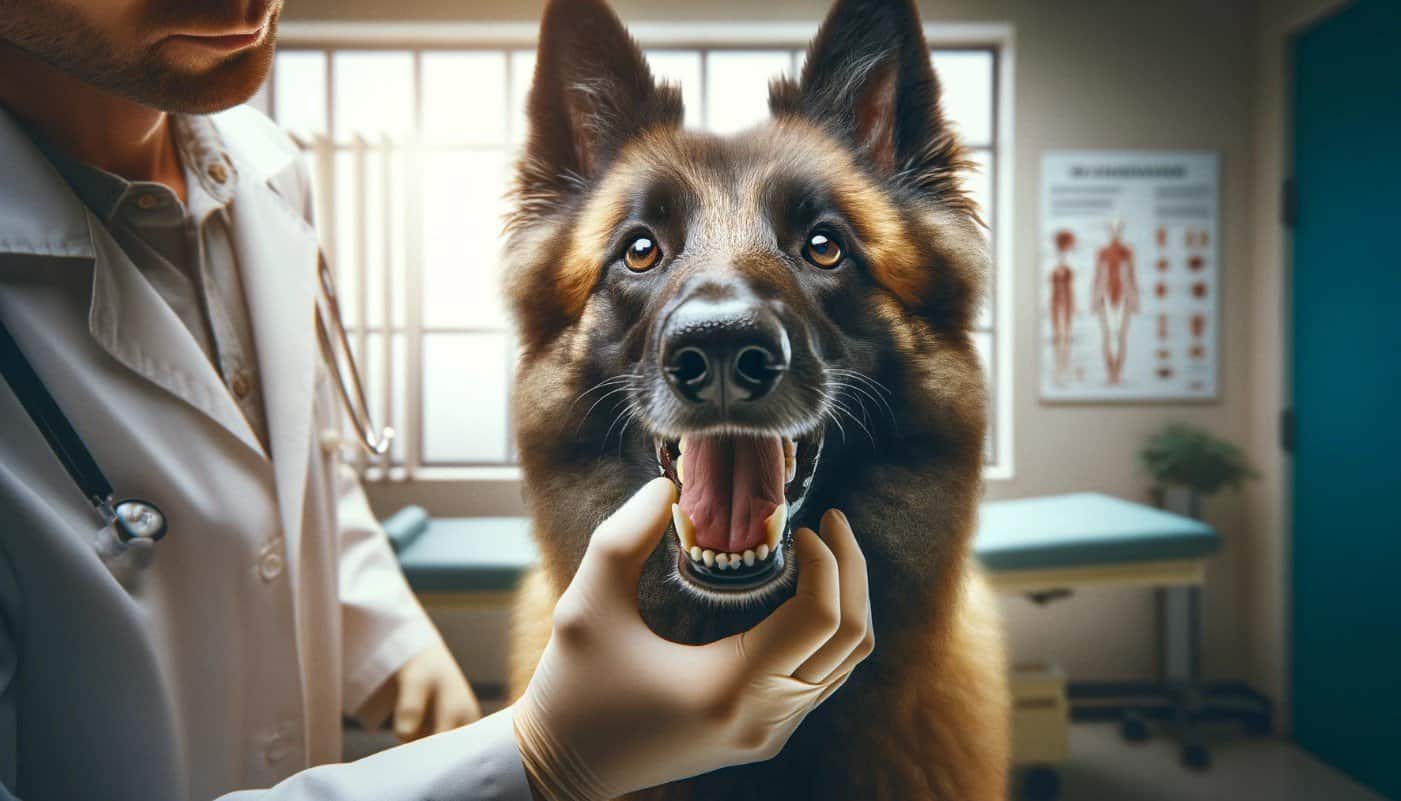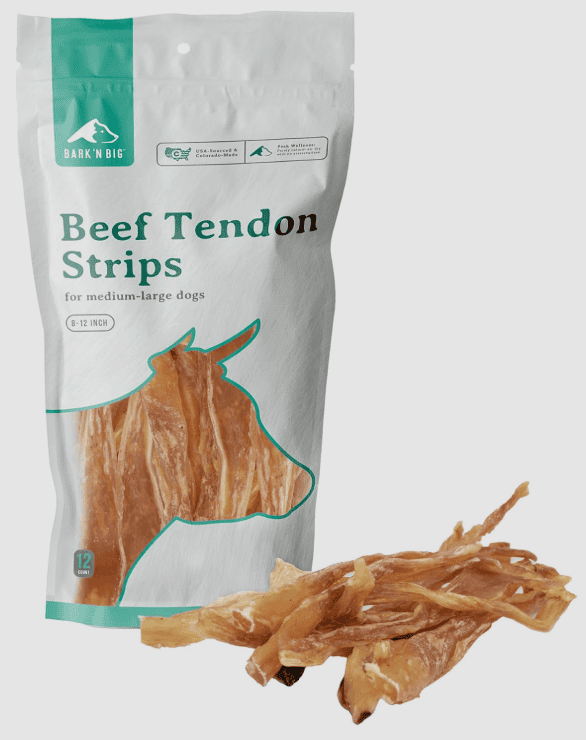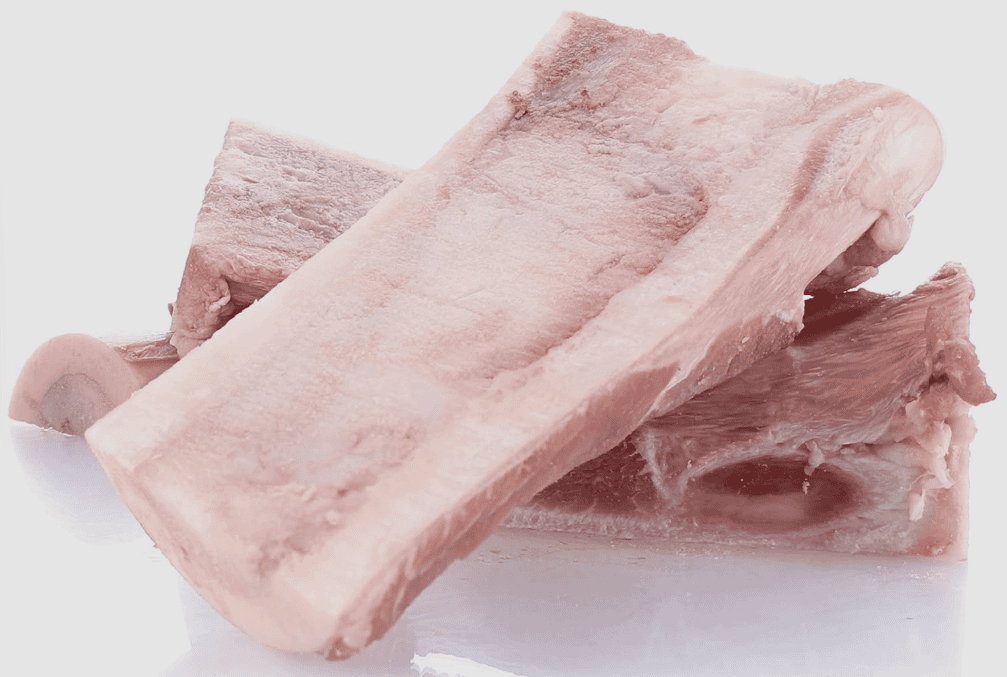Hi there! I’m Dr. Candy, your friendly holistic veterinarian. Today, we’re going to talk about a topic that’s close to my heart, Belgian Laekenois Dental Health. Now, you might be wondering, “Why is dental health so important for my Belgian Laekenois?” Well, dental health is not just about fresh breath and pearly whites. It’s about your dog’s overall health and well-being. Poor oral hygiene can lead to a host of health issues, from gum disease to heart disease. It’s especially important for Belgian Laekenois, a breed that can be prone to certain dental problems. But don’t worry, I’m here to guide you through the signs of dental disease, common dental health issues, and both conventional and holistic treatments. We’ll also discuss my top recommendations for dental chews and products. So, let’s get started on this journey to ensure your Belgian Laekenois has the best dental care possible.

Signs of Dental Disease in Belgian Laekenois
As a holistic veterinarian, I believe in the importance of preventative care, especially when it comes to your Belgian Laekenois’ dental health. By becoming familiar with the signs of dental disease in your pet, you can take action early and save your furry friend from discomfort and potential health complications.
The most common sign of dental disease in Belgian Laekenois is bad breath. While it’s normal for your dog to have a certain level of ‘doggy breath’, extremely foul or unusual odors can indicate a problem. Another noticeable sign is a change in their eating habits. If your dog is suddenly reluctant to eat or shows discomfort while chewing, it’s time to check their mouth.
Upon examining your Belgian Laekenois’ mouth, you might notice bleeding or inflamed gums, tartar buildup, or discolored teeth. These are all signs of dental disease and should not be ignored. Loose or missing teeth are also a cause for concern, as they can indicate advanced periodontal disease.
Behavioral changes can also signal dental issues. If your Belgian Laekenois is pawing at their mouth, drooling excessively, or showing signs of irritability, it’s possible they’re experiencing dental pain.
Keep in mind that Belgian Laekenois, like many other breeds, are prone to hiding their discomfort. This instinctual behavior can make it challenging to spot dental issues, making regular check-ups all the more important.
- Bad breath
- Changes in eating habits
- Bleeding or inflamed gums
- Tartar buildup or discolored teeth
- Loose or missing teeth
- Behavioral changes (e.g., pawing at mouth, excessive drooling, irritability)

It’s crucial to remember that dental disease in dogs, including Belgian Laekenois, can lead to more serious health issues if left untreated. Bacteria from the mouth can enter the bloodstream and affect major organs like the heart and kidneys.
That’s why I always emphasize the importance of regular dental check-ups and maintaining good oral hygiene practices at home. Just as you brush your teeth daily, so should your Belgian Laekenois. It’s a simple step that can make a significant difference in your dog’s overall health and wellbeing.
Remember, your Belgian Laekenois depends on you for their health. Stay vigilant, know the signs, and take action early to ensure your furry friend enjoys a happy, healthy life.
Common Dental Health Issues in Belgian Laekenois
As a veterinarian, I’ve seen a variety of Belgian Laekenois Dental Health issues. Understanding these common problems can help you take better care of your pet’s oral health.
One of the most prevalent issues is Periodontal Disease. This is an inflammation of the gums caused by plaque build-up. If left untreated, it can lead to tooth loss and systemic infections. Belgian Laekenois are particularly prone to this condition due to their unique dental structure.
- Dental Caries: Just like in humans, Belgian Laekenois can suffer from cavities. This can lead to tooth decay and other complications if not addressed early.
- Broken Teeth: Belgian Laekenois are active dogs and love to chew. This can sometimes lead to broken teeth, which can be painful and lead to infections.
- Oral Tumors: While less common, oral tumors can also occur in Belgian Laekenois. Regular dental check-ups can help catch these early.
Remember, Belgian Laekenois Dental Health is crucial for their overall well-being. Regular brushing, a healthy diet, and routine veterinary check-ups can help prevent these common dental health issues. As a pet parent, it’s your responsibility to ensure your Belgian Laekenois maintains good oral hygiene.

Conventional Dental Health Treatments for Belgian Laekenois
When your Belgian Laekenois is showing signs of dental disease, the conventional route involves a couple of key steps. Let’s discuss these in detail.
Anesthetic Dental Cleanings
One of the most common treatments for Belgian Laekenois dental health issues is anesthetic dental cleanings. This procedure involves putting your dog under anesthesia to allow a thorough and deep cleaning of their teeth and gums. Plaque and tartar build-up are removed, and any signs of gingivitis or periodontal disease can be addressed. It’s a highly effective method, but it’s not without its risks.
Potential Individual Health Obstacles
While anesthetic dental cleanings are a great way to maintain your Belgian Laekenois’s oral health, they’re not suitable for every dog. Certain health conditions can make anesthesia risky, so it’s vital to consider your dog’s individual health before opting for this procedure.
- Heart problems: Dogs with heart conditions may not tolerate anesthesia well. It can put excessive strain on their cardiovascular system, leading to complications.
- Drug sensitivities: Some Belgian Laekenois may have adverse reactions to the drugs used in anesthesia. If your dog has previously shown sensitivities, this needs to be taken into account.
- Seizures: If your dog suffers from seizures, anesthesia can sometimes trigger an episode. Your vet will need to manage this risk carefully.
- Extreme age: Older dogs, particularly those in their senior years, may struggle with anesthesia. Their bodies may not recover as easily, and they might experience significant post-procedure discomfort.
It’s crucial to discuss these potential obstacles with your vet to determine the best course of action for your Belgian Laekenois’s dental health. Remember, every dog is unique, and what works for one may not necessarily work for another. Always keep your dog’s best interest at heart and make informed decisions about their health care.
Next, we’ll explore Dr. Candy’s holistic approach to maintaining your Belgian Laekenois’s oral hygiene. Stay tuned!
Dr. Candy’s Holistic Approach To Oral & Dental Health
As an experienced vet, I’m a firm believer in a holistic approach to Belgian Laekenois dental health. It’s not just about regular cleanings and treatments, but also about maintaining a healthy lifestyle that supports good oral hygiene. There are two main components to this: diet and probiotics.
Diet- Low Carbs, Avoid Added Sugars, Enzymes In Fresh Food
Firstly, diet plays a crucial role in your Belgian Laekenois’s dental health. A diet high in carbohydrates can lead to plaque buildup and subsequently, dental disease. It’s important to opt for low-carb dog food and avoid giving your Belgian Laekenois treats with added sugars. These sugars can stick to your dog’s teeth, leading to decay and bad breath.
Instead, focus on providing your dog with fresh foods that are high in natural enzymes. These enzymes can help break down plaque and keep your dog’s teeth clean. Foods like raw carrots and apples can be excellent choices. They not only provide the necessary nutrients but also act as natural toothbrushes, scraping off plaque as your dog chews.
- Raw carrots: High in fiber and low in calories, they make a great snack for your dog and can help clean their teeth.
- Apples: They’re packed with vitamins A and C, which are beneficial for your dog’s overall health. The act of chewing an apple can also help clean your dog’s teeth.
Oral Health Specific Probiotics
Another key component of a holistic approach to Belgian Laekenois dental health is the use of probiotics. Not all probiotics are created equal, though. For oral health, I recommend Probiora for Dogs, an oral health targeted probiotic.
Probiotics can help balance the bacteria in your dog’s mouth, reducing the risk of dental disease. They can also help freshen your Belgian Laekenois’s breath. Probiora for Dogs is a great choice because it’s specifically designed to support oral health. It contains a blend of beneficial bacteria that can help maintain a healthy balance in your dog’s mouth.
Remember, a holistic approach to Belgian Laekenois dental health involves more than just regular cleanings. It’s about providing your dog with a healthy diet and the right supplements to support good oral hygiene. With these measures, you can help ensure your Belgian Laekenois has a healthy mouth and a happy life.

Recommended Dental Chews & Products For Belgian Laekenois
As a caring pet parent, you might be tempted to reach for those commercially promoted dental chews, thinking you’re doing your Belgian Laekenois a favor. But, let’s pause for a moment. Many of these products are not as beneficial as they claim to be. In fact, they’re often loaded with artificial colors, preservatives, and flavors that can contribute to poor Belgian Laekenois dental health.
Moreover, these mass-produced chews rarely deliver on their promise of reducing plaque and tartar. They may even harm your dog’s gut, especially when used in conjunction with drinking water additives. These additives can disrupt the balance of beneficial bacteria in your dog’s digestive tract, leading to a whole host of health problems beyond dental issues.
So, what’s the alternative? As an advocate for your pet’s health, I recommend focusing on natural products that are both safe and effective. Here are my top picks:
Tendons
Tendons are a fantastic natural chew for your Belgian Laekenois. They are tough and fibrous, which helps to scrape off plaque and tartar from your dog’s teeth. Plus, they are a good source of protein and collagen, promoting good joint health.

Raw Marrow Bones
Raw marrow bones are another excellent choice for maintaining your Belgian Laekenois’s dental health. They are a natural source of calcium and phosphorus, which are essential for healthy teeth and bones. Furthermore, the act of gnawing on bones can help to clean your dog’s teeth and gums.

Bully Sticks
Bully sticks are made from 100% beef muscle, providing a natural and digestible chew for your dog. They can effectively remove plaque and tartar and are a good source of protein. However, always supervise your dog while they’re chewing on a bully stick to prevent any choking hazard.

Remember, while these chews can significantly contribute to your dog’s oral hygiene, they’re not a replacement for regular teeth cleaning and veterinary dental check-ups. With a combination of natural chews, a balanced diet, and professional care, you can ensure your Belgian Laekenois dental health remains in top shape. Happy chewing!
Frequently Asked Questions
1. How can I improve my Belgian Laekenois’ dental health?
Regular brushing using a dog-specific toothbrush and toothpaste can help remove plaque and prevent bad breath. Providing dental chews or toys designed to promote oral hygiene can also be beneficial.
2. What are some signs of dental problems in Belgian Laekenois?
Signs of dental issues may include bad breath, swollen or bleeding gums, tartar buildup, loose or missing teeth, difficulty eating, and excessive drooling. If you notice any of these signs, it is recommended to consult a veterinarian.
3. Can diet affect my Belgian Laekenois’ dental health?
Yes, diet plays a role in dental health. Feeding a balanced diet that includes high-quality dog food and avoiding excessive sugary treats can help maintain good oral hygiene.
4. Are there any specific dental products recommended for Belgian Laekenois?
There are various dental products available for dogs, such as toothbrushes, toothpaste, dental chews, and water additives. It is advisable to choose products specifically designed for dogs and consult with a veterinarian for recommendations.
5. How often should I take my Belgian Laekenois for dental check-ups?
Regular dental check-ups are important to monitor your dog’s oral health. It is recommended to schedule a dental examination with a veterinarian at least once a year, or as advised by the veterinarian based on your dog’s specific needs.
